Warhammer Has Quietly Applied No Credit to Its Employees
It’s simple to overlook the dozen individuals that labor behind each miniature. As a former Fallen member, I was intrigued by the latest major Warhammer reveal, Lion El’Johnson, which was probably the result of multiple designers working together. One concept artist, or perhaps several, to get things going. Next up were 3D designers and a sculptor. I’m not sure if Games Workshop has switched from the traditional approach of building a 300 percent scale model for design purposes to digital sculpting, but both need workers. Then there are the folks who create the molds, pour the plastic, write the lore, write the marketing copy, and create the tie-in novel that went on sale in a matter of minutes.
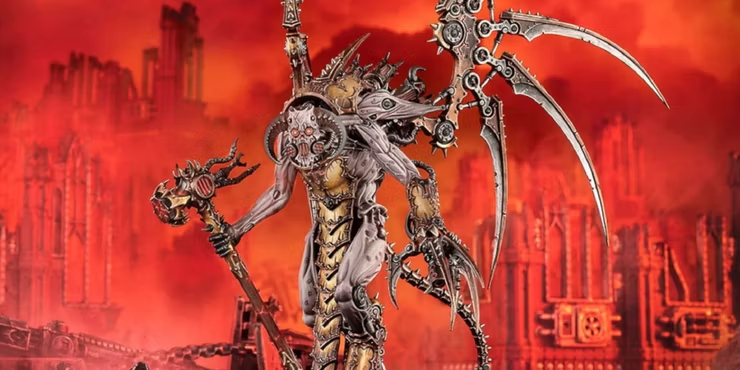
Only one of these individuals receives credit in contemporary Games Workshop: the author. Reading Polygon’s review of the new Leviathan starter set made me aware of the issue because “The Warhammer Design Studio” is credited with creating all of the miniatures, narrative, rules, and other components. Numerous individuals—possibly hundreds—will have contributed to making this set a reality, and they are being disregarded by receiving a catch-all credit that does not adequately recognize their labors. It’s similar to going to the movies; at the end, the credits simply list all the companies that worked on the movie, rather than allowing you to browse through a few minutes of names. Walt Disney Pictures, Marvel Studios, Wētā FX, Abbey Road Studios, and so forth. These individuals work for corporations; there are no actors, directors, prop designers, or runners involved.
However, this goes beyond the models created by Games Workshop. Another example would be the Warhammer Community website. Not only are the authors of the articles no longer credited, but so are the people who conducted internal interviews. Polygon notes that in a Warhammer Community article discussing his work on the model, the designer of Vashtorr the Arkifane is simply referred to as “Steve.” It’s nearly hard to discover more of the designers’ work, but that’s one of my favorite Warhammer models from recent years—especially those biomechanical wings, yeah please.
This goes even farther since in recent months, the Warhammer YouTube channel took a different turn. Although the exact date of the transition is difficult to determine, it became apparent by the beginning of 2023 that presenters could only display their hands holding brushes on the channel instead of their faces. Neither the description nor the on-screen credits mention them. Who knows who is in charge of the camera or who is giving these tutorials? But it’s this specific turn toward impersonality that provides some clarification.
A number of Warhammer’s YouTube employees have left the channel in recent years, beginning with Duncan Rhodes, often known as “Two Thin Coats,” who helped make the channel famous with his high-quality instructions and meme-worthy videos. He quit the company in late 2019 to start his own painting academy that is crowdfunded, sort of like a Patreon alternative. His new employment evidently gives him a sense of independence, as he now has his own range of paints that directly challenge Games Workshop products and have raised over a million pounds on their inaugural Kickstarter. He now offers courses on Games Workshop miniatures and those from other businesses. Prior to this, Rhodes had worked at GW for ten years.
After five years with the YouTube team, 21-year Workshop veteran Chris “Peachy” Peach left the firm in September 2022 and joined independent content creators The Painting Phase, another Patreon-funded endeavor. I have fond memories of reading about this man in White Dwarf when I was younger. His Eldar conversions encouraged me and my friends to join our own adaptation of A Tale of Four Warlords (I believe this was more than ten years ago).
This year, he was joined by co-host Louise Sugden, who began her career at Games Workshop as an illustrator of planets, goblins, and maps in the design studio. After joining the marketing team for Warhammer Plus, she frequently appeared in videos on YouTube and the Warhammer Plus website. She has since launched her own YouTube channel, Rogue Hobbies, which is funded by Patreon. In a video, she alludes to the trend of faceless videos by stating that “there was way more than the dumb ‘only hands’ thing happening beneath the surface.”
All of Games Workshop’s creatives are being denied credit, and it’s probably because so many important employees are either starting their own competing businesses or leaving to work for competitor organizations. Not only are Games Workshop’s movies now terribly boring and impersonal, but the folks who put a lot of effort into making them aren’t given credit for it.
But if employees are quitting in droves to start their own freelance businesses, which is a really hazardous venture with no stability at all, it means that pay isn’t that great. But rather than providing incentives to its employees to remain with the company, Games Workshop is closing its doors and denying employment chances to its current employees. It’s also extending this well beyond its YouTube platform to include its writers and designers.
Some speculate that staff members may have requested the move, citing customer hostility directed at writer Matt Ward following a string of poorly received Codices. This argument is weak because many positions like this, including mine, include internet harassment, and this is not an excuse to take credit away from your employees. Taking down their social media links? Yes. Accolades? Not a possibility.
Why would employees be pleased with this transformation and not protest, run for office, or quit? The solution to this can also be found in Louise Sugden’s video. “Perhaps staying far longer than I should have, I was there for a very long period. Games Workshop is the industry leader; for many, it’s an honor to work there, even uncredited. “And I think I stuck around for so long because I really loved Games Workshop,” she adds, adding that she “desperately wanted to be a part of that system.” It’s the firm that introduced the great majority of us to the pastime, and it carries a nostalgic aura that other companies we learned about much later in life don’t.
Games Workshop is mistreating its employees and exploiting its position. Games Workshop employees deserve better, whether it’s the OnlyHands YouTube aesthetic, eliminating bylines from Warhammer Community articles, or just stamping Leviathan boxes with “design studio” credits.
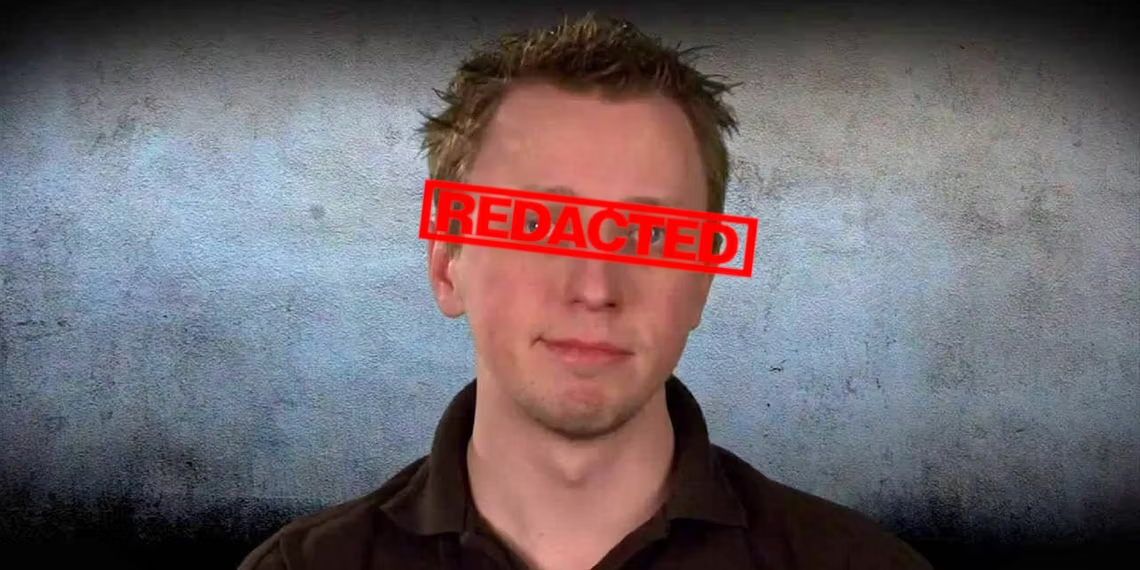






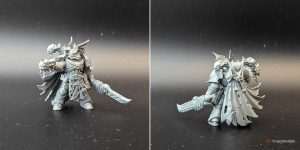
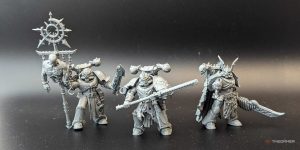
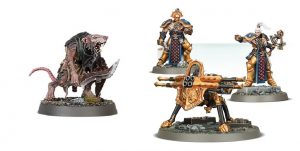




Post Comment